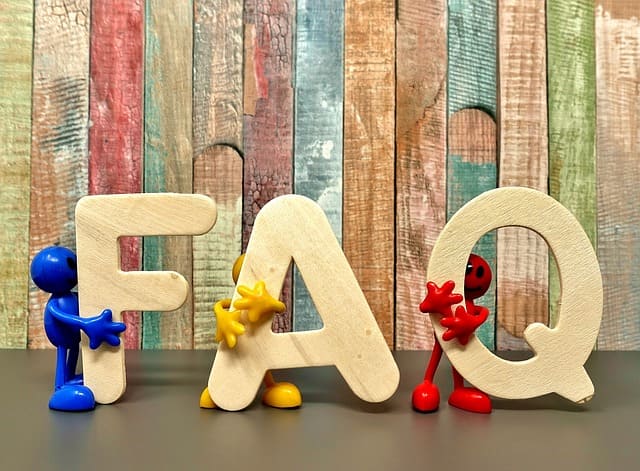
Surely you have asked yourself on many occasions what the differences are between British and American English. If you want to find out, do not miss this article.
Main differences between British and American English
Whether you use an English translator or you resort to a translation agency, occasionally the problem you encounter when translating this language is that it has two variants. There are expressions or set phrases used by the British that are not used in the United States and vice versa; consequently it’s necessary to recognize the differences between these two types of English.
The roots in both cases will be the same, although they have different aspects to their application; above all in pronunciation, vocabulary, spelling and in the use of verb tenses.
Spelling
Words that end in “or” in American English, end in “our” in British English, when the ‘u’ is silent.
– Words that end in “ise” in British English, end in “ize” in American English.
– Words that end in “ogue” or “amme”, where the ‘ue’ and ‘me’ are silent, in American English are written “og” and “am”.
– In the American variant, the “ugh” ending is omitted because it is not pronounced.
– Words that end in “tre” in British English, end in “ter” in American English.
Vocabulary
It is quite common to find words that mean two different things, or two different words used to describe the same thing.
For example:
lift in British English is elevator in American English.
lorry in British English is truck in American English.
biscuit in British English is cookie in American English.
pants signify ‘trousers’ in American English and ‘briefs’ in British English.
Verb Tenses
– In the past simple and the present perfect we notice significant differences between American and British English:
Did you finish your coffee yet? (American) / Have you finished your coffee yet? (British)
I just had breakfast with Pam. (American) / I have just had breakfast with Pam. (British)
– Will or Shall?
In England shall is used for the future simple in the first person. It can also be used as an expression for suggestions or offers, but it is not used in these ways in the American variant.
– To get
In British English the participle is got and in American English gotten.
Differences in pronunciation
Pronunciation of the letter ‘r’
In British English the ‘r’ at the end of words is not pronounced, whereas it is in American English. Similarly, if this letter is located in the middle, it is pronounced more softly in British English than in American English, making it more difficult to discern.
Pronunciation of the letter ‘t’
In American English, both the ‘t’ and the ‘tt’ are pronounced as ‘d’, whereas in England they are pronounced as a distinct ‘t’. For example: computer or bitter, which is pronounced bidder in American English.
If the ‘t’ is at the end of the word, Americans usually do not pronounce it, as in the word what. Neither is it pronounced when it follows ‘n’, as in international.
This occurs especially in informal conversation. In formal conversation one normally hears the ‘t’.
The differences between British and American English are not great but, when undertaking an important translation, it is advisable to rely on an expert in the subject.






